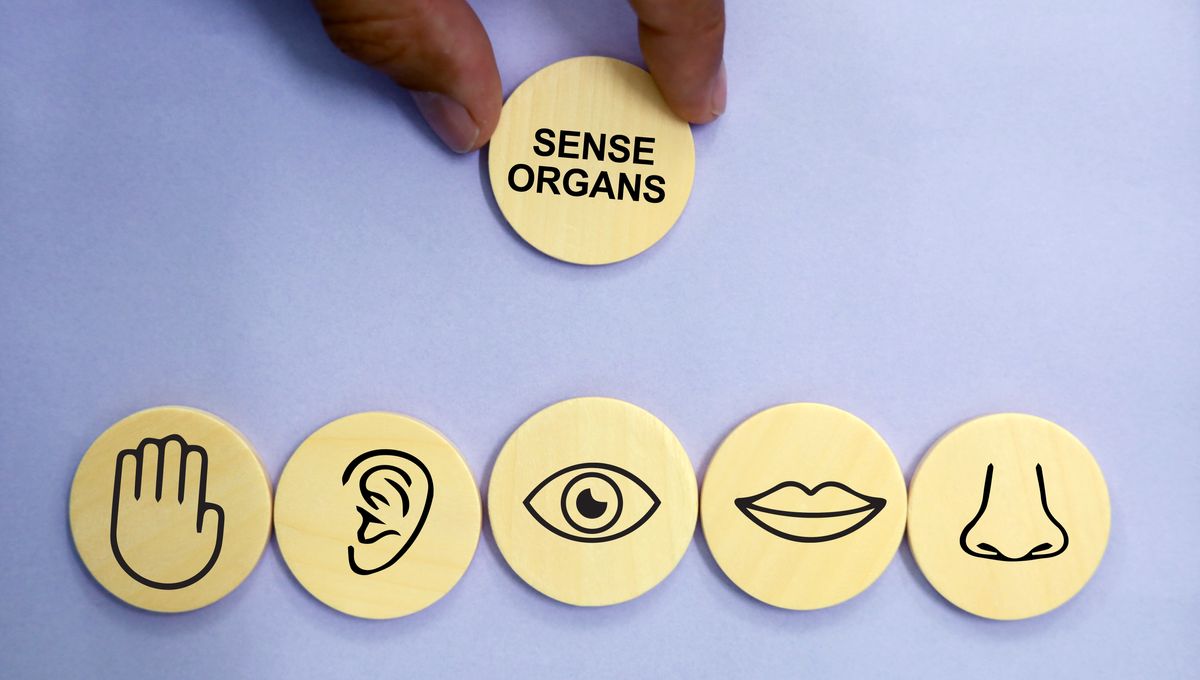
Contrary to what many people think, humans are not limited to a measly five senses. In fact, some philosophers and neuroscientists argue that we may have dozens of senses that we often take for granted. Now to be clear, we’re not talking about mystical senses or anything uncanny, but it does seem that humans, as well as other animals, are teeming with nifty ways to experience and navigate both the world around them and things going on inside their bodies.
The idea that humans only have five senses is old. It’s so old, in fact, that it has essentially become received wisdom that few of us think about. One of the earliest proponents of this thinking was Aristotle, the Ancient Greek philosopher who, in his De Anima (On the Soul), described humans’ “outward wit” (our senses) as consisting of sight, hearing, smell, taste, and touch. The latter sense covered things like pressure, vibration, and texture.
Since then, generations of philosophers and later scientists accepted this limited notion that we have five “exteroceptive” senses (senses that relay information about the external world). Today, the belief is prevalent across society to the extent that it is a well-established and entrenched myth. However, it seems Aristotle was wrong.
For one thing, our bodies don’t just sense the world around us, we also experience the world inside ourselves. This includes sensing and awareness of things like our hunger, thirst, heartbeats, our lung movements, the activity in our stomachs, and many others. These senses are collected together under the term “interoception”.
They occur when your body sends signals to the brain, especially a region called the insula, that processes and interprets them. In many instances, these signals may not be noticeable to our conscious minds, but our brains constantly monitor them to maintain our homeostasis (our bodily stability).
In addition to these internal senses, we also have uncelebrated senses that allow us to orientate ourselves in space. For instance, if you’re able to balance as you walk, stand on one foot, walk a tightrope or even just know that you’re not upside down, then you have what is referred to as equilibrioception. This sense of balance and orientation is monitored and controlled by our inner ears. Then there’s also thermoception, our ability to detect and differentiate between hot and cold temperatures; nociception, our ability to sense pain; and proprioception, our awareness of how our bodies are positioned. This latter sense allows us to know where our hands are without looking at them.
And, like a sales pitch on TV, there’s more! Ever feel like the day is dragging on or that it has flown by too quickly? Well, your ability to sense the passage of time is argued to be another example, known as chronoception. Although it is not monitored by a single sensory organ (but rather a set of complex processes our brains interpret), we are nevertheless able to conceptualize and have subjective experiences based on how long we feel things go on for, and how events unfold.
At a conservative measure, the currently identified and largely agreed upon senses number around 12 or 13 examples, but some neuroscientists and philosophers believe there could be over 20. But while these human senses are up for debate, we also know that the animal kingdom is filled with extra senses that go well beyond ours.
These include magnetoreception that allows many species of mammals, birds, insects and fish to navigate great distances. Even humans somewhat have this sense, but to a much, much weaker level.
Sharks and rays are also equipped with electroreception, which allows them to locate their prey in murky waters. This ability is controlled by a specialized organ called the ampullae of Lorenzini that detects bioelectric fields.
Birds and some species of fish are also armed with baroreception, which allows them to feel changes in pressure, either in the air or in the water. And then there are things like chemoreception, the ability to detect pheromones or specific chemicals, which make dogs such great sniffers, allows moths to find their mates, or salmon to locate their birth streams.
Another example is polarized light detection, which bees, cuttlefish, and other animals use to navigate, hunt, or communicate with one another; and there’s even infrared perception. Some species of snakes, like pit vipers or boa constrictors, as well vampire bats have this ability to detect warm-blooded prey in otherwise dark locations.
The list of these extra senses is too long to cover meaningfully here, but it is enough to say that the world of the senses is massive compared to the limited view we have inherited from antiquity.
Of course, there are some who would argue that humans are armed with a “sixth sense”, which relates to more fringe ideas like telepathy or precognition, but such ideas remain with little evidence to back them up. Still, who knows what may come to light as philosophers and neuroscientists continue to explore the range of human possibilities and the conceptual frameworks we use to understand them.
Source Link: You Don’t Have 5 Senses, You Have Way More Than That